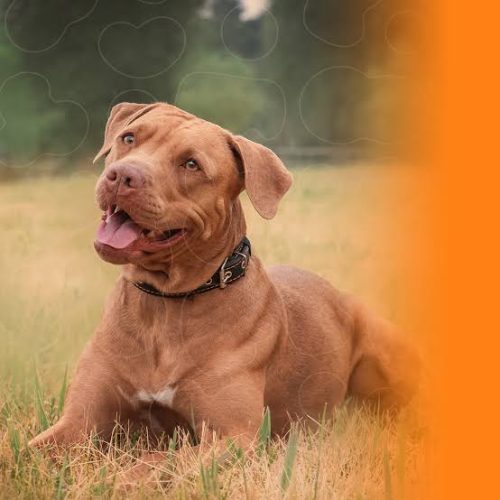Dog breed bans, also known as breed-specific legislation (BSL), have sparked intense debate globally, including in India. While proponents argue for their necessity in ensuring public safety, critics point out their shortcomings and ethical concerns. In this in-depth examination, we explore ten reasons why dog breed bans should not be implemented in India.
Individual Behavior:
Central to the discussion on dog breed bans is the recognition that a dog’s behavior is primarily shaped by individual factors, not its breed. Studies consistently show that a dog’s temperament, training, and socialization have more influence on its behavior than its breed alone. Thus, focusing solely on breed overlooks crucial individual characteristics.
Unfair Stigmatization:
Dog breed bans perpetuate unfair stereotypes and stigmatization of specific breeds, irrespective of individual temperament. Punishing entire breeds based on the actions of a few unfairly discriminates against responsible owners and well-behaved dogs of those breeds.
Lack of Effectiveness:
Critics argue that dog breed bans fail to achieve their intended goals of reducing dog-related incidents. Studies indicate that these bans do not correlate with decreases in dog attacks or bites. Instead, they may lead to an increase in incidents involving other breeds not included in the ban.
Lack of Empirical Evidence:
Despite widespread implementation, there is a notable lack of empirical evidence supporting the efficacy of dog breed bans. Assertions that certain breeds are inherently more dangerous are often not backed by scientific research, undermining the basis for breed-specific legislation.
Alternative Approaches:
Rather than relying on dog breed bans, resources could be better allocated to promoting responsible dog ownership practices. Measures such as licensing, training, and education have been shown to be more effective in preventing incidents and promoting public safety.
Violation of Rights:
Dog breed bans infringe upon the rights of responsible dog owners and their pets. Punishing law-abiding citizens based solely on their dog’s breed is unjust and discriminatory, undermining individual rights and freedoms.
Negative Impact on Animal Welfare:
Breed-specific legislation may have unintended consequences for animal welfare, such as an increase in breed-specific surrenders and euthanasia. This places additional strain on animal shelters and perpetuates negative stereotypes about certain breeds.
Difficulty in Enforcement:
Enforcing dog breed bans poses significant challenges for authorities, including subjective breed identification and diversion of resources. Enforcement efforts may be better directed towards addressing irresponsible ownership and promoting positive interactions between dogs and humans.
Focus on Responsible Ownership:
A more constructive approach to promoting public safety involves focusing on responsible dog ownership practices. By emphasizing education, training, and socialization, authorities can foster a culture of responsible pet ownership and prevent incidents of aggression.
Promotion of Breed Stereotypes:
Dog breed bans reinforce negative stereotypes about certain breeds, fueling fear and discrimination. This undermines efforts to promote positive perceptions of all dog breeds and perpetuates breed-specific prejudice.
In conclusion, dog breed bans are a contentious issue with far-reaching implications for public safety, animal welfare, and individual rights. While concerns about aggressive behavior in dogs are valid, breed-specific legislation is not the most effective or equitable solution. Instead, policymakers should prioritize responsible ownership practices and community education to create safer and more inclusive communities for both humans and animals.
List:
- Pit Bull Terrier
- Rottweiler
- Mastiff
- Bullmastiff
- Doberman Pinscher
- German Shepherd (Alsatian)
- Great Dane
- Boxer
- Bull Terrier
- American Bulldog
- Dogo Argentino
- Fila Brasileiro (Brazilian Mastiff)
- Neapolitan Mastiff
- Tibetan Mastiff
- Japanese Tosa
- Staffordshire Bull Terrier
- English Bulldog
- Rhodesian Ridgeback
- Presa Canario (Canary Mastiff)
- Argentine Dogo
- Akita Inu
- Boerboel
- Caucasian Shepherd Dog



